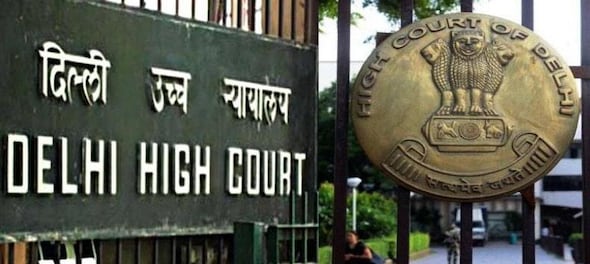
The Delhi High Court on Tuesday (December 5) directed the Delhi government to significantly raise the income threshold for availing reservation under the Economically Weaker Sections (EWS) quota in private schools.
The court, led by Justice Purushaindra Kumar Kaurav, ordered that the income threshold, currently set at ₹1 lakh per annum, be increased to an amount reflective of contemporary living standards, with a temporary adjustment to ₹5 lakh until a comprehensive assessment of prevailing economic conditions is conducted by the Delhi government.
The court highlighted that the existing threshold did not accurately represent the economic challenges faced by families in modern times, emphasising the necessity for a more dynamic criterion aligned with the evolving economic structure of society. The judgment expressed concern over the hardships faced by common people resorting to unfair means to secure EWS admissions for their children.
Notably, the court observed that while other states had increased the income threshold to ₹8 lakh, Delhi's current limit was inadequate. The court criticised the apathy and lackadaisical attitude of state authorities in safeguarding the educational rights of economically weaker sections, which are fundamental to the Right to Education.
As part of its directives, the court ordered the immediate elimination of the self-declaration mechanism for income verification, urging the implementation of a robust framework for the continuation of free seats in schools. Expressing concern over the possibility of false self-declarations, the court cautioned against an inquiry into admissions that could create "havoc and chaos" in the education system.
The court mandated the Directorate of Education (DoE) to verify admissions and establish a Standard Operating Procedure for income verification and regular monitoring of eligibility criteria. This decision followed a petition challenging the cancellation of a student's admission due to his father's forged Voter IDs and false income declaration.
While acknowledging the child's innocence, the court maintained the importance of holding the father accountable. It ruled that the child's admission would remain undisturbed but under the General Category, imposing a cost of ₹10 lakh on the father based on his Income Tax Returns and foreign trips.
Addressing the broader issue of EWS reservation, the court underscored the need to revisit the income criterion, pointing out that even the children of unskilled laborers earning ₹17,494 per month were ineligible for EWS admissions. Rejecting a proposal to increase the income threshold to ₹2.5 lakh, the court emphasised the government's responsibility to respond to the evolving needs of society.
Advocates Vaibhav Sethi, Priya Pathania, Vikhyat Oberoi, Jagriti Pandey, Onmichon Ramlal, Mohit Garg, Rana Bed, Diskha Kakkar, and Aditya Khanna represented the petitioner.
Standing Counsel Santosh Kumar Tripathi, along with Advocates Arun Panwar, Pradyumn Rao, and Utkarsh Singh, represented the Directorate of Education.
Advocates Siddarth Nath, Khushboo Hora, and Anunay Chowdhary represented the school in this pivotal case.
Check out our in-depth Market Coverage, Business News & get real-time Stock Market Updates on CNBC-TV18. Also, Watch our channels CNBC-TV18, CNBC Awaaz and CNBC Bajar Live on-the-go!


In Ayodhya, voters talk of a promise fulfilled and yearning for development
May 17, 2024 2:10 PM
Fight of heavyweights in Sambalpur where farmers, weavers hold the key
May 17, 2024 12:25 PM
Odisha: Fight of heavyweights in Sambalpur where farmers, weavers hold the key
May 17, 2024 10:22 AM
Lok Sabha Election 2024: What rural Delhi wants
May 16, 2024 10:10 PM

